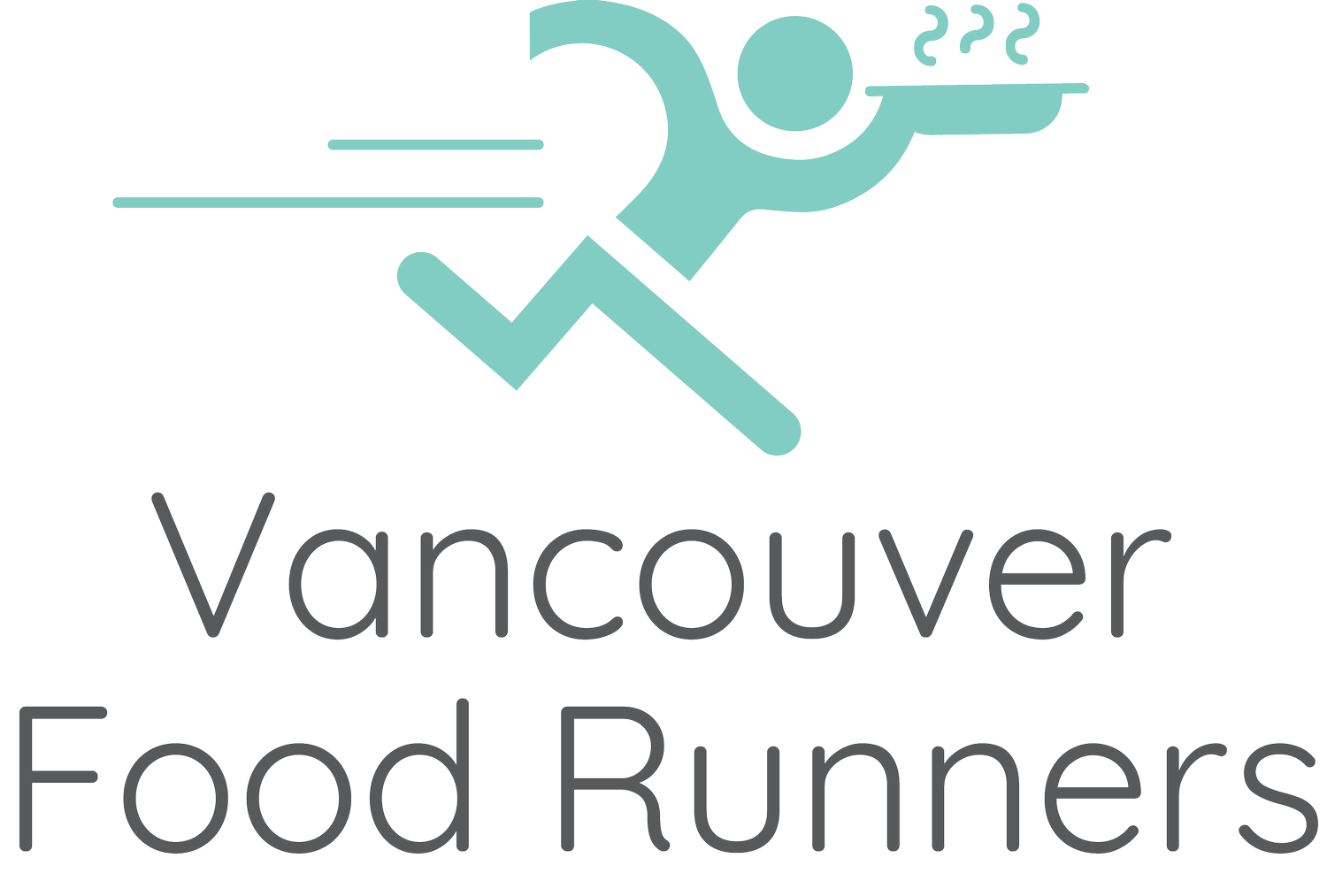Janet McDonnell
VFR: Janet, you've done over 125 food rescues (and delivered 20,900 pounds of food!) since you started volunteering with VFR in May 2022. This is a remarkable commitment to supporting the community and the environment. What initially interested you in volunteering with VFR? And what keeps you coming back to do more food rescues?
Janet McDonnell: I saw a clip about VFR on the news and decided to sign up on the VFR app. I find the volunteering easy, it doesn’t take much time, and I’m saving good food from being thrown out and giving it to nearby nonprofits. I can help the environment and support community food programming at the same time. How good is that?
I find it deeply meaningful when I see the places where I drop off the food – whether it's a seniors' centre, a community fridge, a women's shelter, or the Downtown Eastside. I appreciate that I can use the VFR app to pick any food rescue I want, and it shows me exactly which nonprofit I will be delivering the food to.
Also, for most volunteering opportunities, volunteers are required to commit to a fixed schedule. I'm retired and I travel a lot, so that doesn't really suit me. With the VFR app, I can claim food rescues whenever I want.
Currently, I am signed up for a repeating food rescue, but when I am going out of town, I simply request a substitute driver for the dates I’m away through the app, and I'm done – I don't have to find a replacement or feel guilty about my absence.
VFR: What has surprised you the most about volunteering with VFR? What have you learned through this process?
JM:
I'm very impressed by VFR's efficient, low-cost operational model. The organization operates without trucks, warehouses, or offices. As volunteers, we use our own vehicles to collect food and deliver it directly to nonprofit organizations, eliminating transportation and storage costs. This way, we can rescue high-quality, perishable produce that might otherwise go to waste.
I learned that donating businesses are protected from liability by the Food Donor Encouragement Act, a BC law that was passed to encourage food donations.
I love that we're using technology (a free and easy-to-use app) to help solve a food waste problem. The app makes it all work seamlessly. What's even cooler is that both the app and VFR were founded by women! Leah Lizarondo created the app, while Tristan Jagger started VFR.
I've been amazed by the generosity of businesses donating surplus food, chefs cooking up large quantities of this food, and VFR volunteers picking up and dropping off donations. The staff at VFR are super helpful; they guide us on new food rescues and respond immediately to any questions or concerns. It's a team effort that works wonderfully.
VFR: You’ve brought your grandchildren along on some food rescues as well! Please share more about what it’s like to volunteer as a family and with kids.
JM: It has opened my granddaughters' eyes to see that some people don’t have enough to eat or access to healthy, fresh food. It has also opened their minds to helping those less fortunate. And it’s also been a challenge to explain why they can’t eat the food we’ve just picked up from Starbucks, because we’re giving it away!
VFR: Researchers are discovering that volunteering, in general, has positive physical, social, and emotional benefits. Studies have even shown that those who volunteer have a lower mortality rate than those who do not! Have you experienced some of the benefits of volunteering firsthand?
JM: Volunteering gives me a purpose, a sense of accomplishment, and connection with people on my route. It makes my day meaningful, and it feels good to be contributing to worthwhile causes!
Be the first to read our E-newsletter
Subscribe to our bi-weekly newsletter that arrives to your email inbox every other Saturday!


